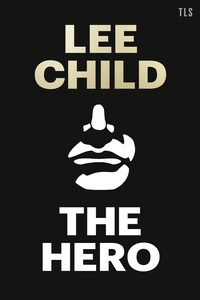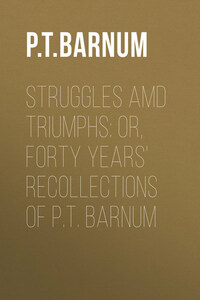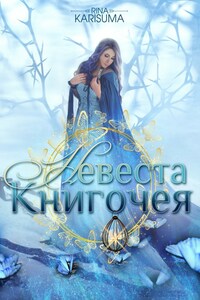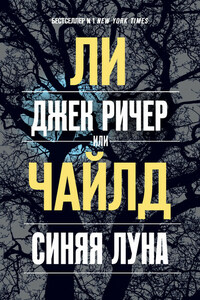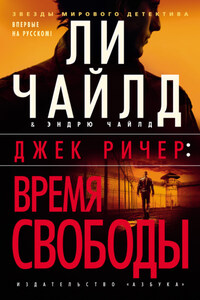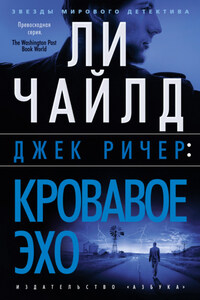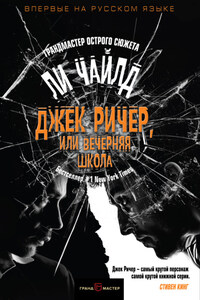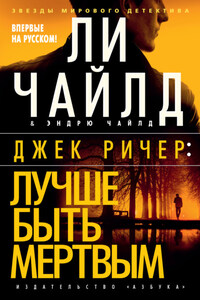The Times Literary Supplement was born in January 1902. Its first ever front page bashfully stated that ‘during the Parliamentary session Literary Supplements to “The Times” will appear as often as may be necessary in order to keep abreast with the more important publications of the day’. Fortunately, the question of necessity was not left in the hands of literary journalists (who, we can imagine, might occasionally push for a holiday or two), and the title became a weekly one. A few years later, the TLS split entirely from The Times.
Since then, we have prided ourselves on being the world’s leading magazine for culture and ideas. Our guiding principle for the selection of pieces remains the same as it ever has been: is it interesting; and is it beautifully written? Over the years, our contributors have included the very best writers and thinkers in the world: from Virginia Woolf to Seamus Heaney, Sylvia Plath to Susan Sontag, Milan Kundera to Christopher Hitchens, Patricia Highsmith to Martin Scorsese.
The book you are holding is part of a brand-new imprint, TLS Books, by which we are striving to bring more beautiful writing to a wider public. We hope you enjoy it. If you want to read more from us, you’ll find a special trial subscription offer to the TLS at the back of this book.
In an ever-quickening culture of flipness and facility, fake news and Facebook, the TLS is determined to be part of the counter-culture of quality. We believe in expertise, breadth and depth. We believe in the importance of ideas, and the transformative power of art. And we believe that, in reading the TLS – in whatever form, be it in a magazine, online or in a book – you are supporting a set of values that we have been proud to uphold for more than a hundred years. So thank you for that.
Stig Abell, 11th Editor of the TLS
London, 2019
THE JACK REACHER NOVELS
Killing Floor (1997)
Die Trying (1998)
Tripwire (1999)
Running Blind (US)/The Visitor (UK) (2000)
Echo Burning (2001)
Without Fail (2002)
Persuader (2003)
The Enemy (2004)
One Shot (2005)
The Hard Way (2006)
Bad Luck and Trouble (2007)
Nothing to Lose (2008)
Gone Tomorrow (2009)
61 Hours (Spring 2010)
Worth Dying For (Autumn 2010)
The Affair (2011)
A Wanted Man (2012)
Never Go Back (2013)
Personal (2014)
Make Me (2015)
Night School (2016)
The Midnight Line (2017)
Past Tense (2018)
Blue Moon (2019)
NON-FICTION
Jack Reacher’s Rules (2012)
TLS Books
An imprint of HarperCollinsPublishers
1 London Bridge Street
London SE1 9GF
The-TLS.co.uk
This eBook first published in Great Britain by TLS Books in 2019
Copyright © Lee Child 2019
Cover illustration by Shutterstock
Lee Child asserts the moral right to be identified as the author of this work
Illustrations © Ella Baron 2019
A catalogue record for this book is available from the British Library
All rights reserved under International and Pan-American Copyright Conventions. By payment of the required fees, you have been granted the non-exclusive, non-transferable right to access and read the text of this e-book on-screen. No part of this text may be reproduced, transmitted, down-loaded, decompiled, reverse engineered, or stored in or introduced into any information storage and retrieval system, in any form or by any means, whether electronic or mechanical, now known or hereinafter invented, without the express written permission of HarperCollins.
Source ISBN: 9780008355784
Ebook Edition © November 2019 ISBN: 9780008355791
Version: 2019-11-01
Let’s start with opium. That venerable poppy grew wild and natural after the retreat of the last Ice Age, across a broad band of territory stretching from Asia Minor to the Mediterranean to North Africa. We know from the archaeological record that New Stone Age farmers were interested in it. A carefully curated stash of seeds, about seven thousand years old, was discovered near the Mediterranean Sea; seventeen other New Stone Age sites throughout what we now call Europe show evidence of opium use five or six thousand years ago; and the first deliberate cultivation of the poppy, as opposed to its casual collection, seems to have happened in Mesopotamia over five thousand years ago, organized by the local Sumerians, who called their crop hul gil, which translates as ‘the joy plant’.
I would love to know who tried it first. I would love to know who tried anything first. Who first dug up a strange root or random tuber and thought, hey, you know what – maybe I should cook this and eat it? In particular, I would love to know how many died trying. Our species seems to be restless and curious to a degree that seems almost unhinged. Recent research concerning the Neanderthal people shows them to have been pretty much the opposite of what we have long assumed – they were intelligent, bigger-brained, better animals than us, stronger, faster, healthier, more durable, better toolmakers, caring, compassionate, gentle, artistic and organized. But they seem to have been constitutionally timid. Their settlements migrated slowly, cautiously and sensibly. Often a new settlement would be within sight of a previous settlement. In particular travel over water seems never to have been attempted, unless the far shore was clearly visible. By contrast, our own ancestors,
